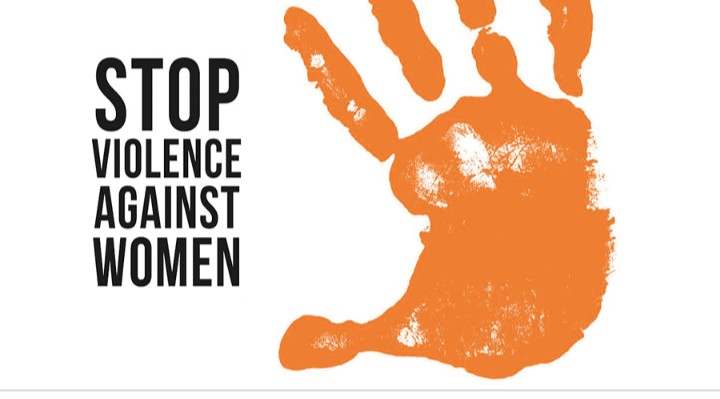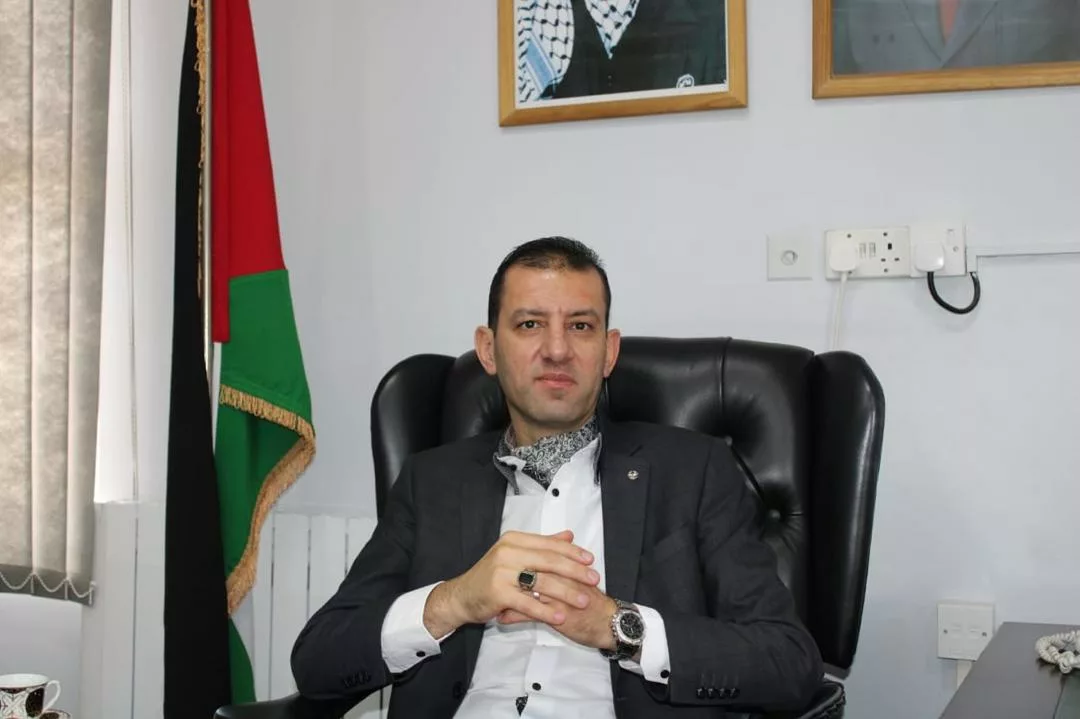|
Getting your Trinity Audio player ready...
|
By Joyce Mukucha
Gender Based Violence (GBV) manifests differently in different regions of the world and no country is immune.
The UN Women continue to emphasize that action should be taken in every single locality to elevate the status of women and girls and eradicate the pervasive violence against them.
On a normal day in Domboshava village, early in the morning, men are seen carrying hoes and axes and already heading to the fields because agricultural activities are the main stay while women are walking up and down the yards working at home and look after kids before they join their husbands in the fields.
Its a village where modern life style and comforts is rarely experienced and women and young girls are the ones who are mostly affected by the situation as they are expected to manage household responsibilities, such as collecting increasingly scarce resources of water and firewood, the burden is just too much for them.
Failure to cope and balance the so-called responsibilities and assigned societal gender roles can see the majority of women experiencing physical violence from their husbands, those same close people who are supposed to be loving, protecting them and supporting them, its a pandemic called GBV!
The vice is not only happening to rural women but everywhere in Zimbabwe and around the globe. In Zimbabwe, approximately 1 in 2 women aged 15-49 years have ever experienced emotional, physical, or sexual abuse from a current or former husband or boyfriend.
Noticing the surging of GBV cases in his village and beyond, Chief Tendai Mungate for Domboshava Ward 4,5 and 6 is seen making concerted effort in trying to eradicate the social ill.
As part of his important roles of solving conflicts in the village, chief Mungate find time to gather men and young boys together in a central place where discussions on how to handle disputes with their wives without using violence take place.
In an interview, Chief Mungate told Spiked Online Media that in 365 days of the year especially during the 16 Days of Activism Against GBV it was his responsibility as a leader to stop problems and also change conflicts into positive ways through his authority.
Chief Mungate said he was conducting regular meetings aimed at engaging men and boys on how best they can contribute in their own spaces to prevent violence in the home.
“Whenever I engage men on politics, agricultural and other societal matters, I don’t forget to include the most crucial discussion on how many can prevent gender-based violence. I try and hammer it in their senses that resorting to violence is not the best way to discipline their wives or to communicate their frustration.
“It is my duty as someone who is supposed to alleviate the conflict issues before sending them to the court. Performing my roles based on my potential and skills, I always urge men in my village and all those whom I interact with to take health communication as an alternative. Our women and girls are special and they need our protection. Beating a wife is not a proper way of disciplining her, it is wrong! During these 16 Days of Activism Against gender based violence, I’m encouraging men to say no to GBV against women and girls,” said chief Mungate.
He emphasised that it was important for everyone to make efforts to eradicate and remove root causes of GBV not only during these 16 Days of Activism Against GBV but everyday to ensure that violence free and productive communities thrive.
Chief Mungate also stressed that it is important for women to respect their husbands explaining that it is also another way of preventing violence in the home.
“Though I continue emphasising that men should not use physical force through beating or sexually violating women, I also urge women and girls to also be careful of the words they spit out of their mouth. Sometimes that is what triggers men’s emotions and become violent. The more women respect their husbands and learn to talk in a good way without raising voices, it will help us to create violence-free society.”
Meanwhile, Lindo Radebe, the founder of Conversations With My Brothers, a South African based non-governmental organisation that tries to end GBV through curating conversations and programmes for me to engage in conversation and activity highlighted that men with disabilities, those with mental health issues and those from the LGBQTI community experience violence but they do not speak out which as a result lead them to become perpetrators of violence to women as a way of revenging.
He said there was need for support groups, laws and mechanisms to be implimented to support men so that they learn to speak out and desist from dealing with violence by becoming perpetrators but by bringing positive change in the society.
“Most men do not speak out out whenever they become victims of GBV because they fear to be called names, stigmatized and discriminated. They suffer the pain quietly so they end being perpetrators of violence. There is need for policies and strategies that assist men to speak out when they experience violence. Once they speak out and deal with the pain, it will be much easier for them to know how important it is to protect women and girls from experiencing GBV.
Thandiwe Maretlane who works as a Technology Transfer Officer at Innovus Companies, which is a Law Firms & Legal Services company in South Africa and passionate about addressing GBV issues said GBV is a very broad construct with intimate partner relations of violence dominating and she urged women to leave toxic relationships before they get hurt.
“The complexities of relationships cannot be ignored. GBV is something that happens from a spectrum and at most cases, it is a woman who loses her life because of bad behavior by men which include bad temper, impatience, sense of entitlement, possessiveness.
“GBV is progressive, it starts with small things and escalate to plain verbal and physical actions. It is our responsibility as women to leave before things out of control, let’s not make it hard on ourselves to the extend that we end up losing our own lives,” she said.
Meanwhile, figures from United Nations (UN) women showed that approximately 15 million adolescent girls worldwide have experienced rape or another forced sexual act. Data from 30 countries in 2017 show that only 1% of those affected ever sought help.
Experts, activists and other women-oriented organisations who spoke to this publication emphasised the need to join hands during the 16 Days of Activism Against GBV and ensure that women and girls are living in safe communities as well as making sure that the victims report, seek help and make sure that perpetrators get convicted.






